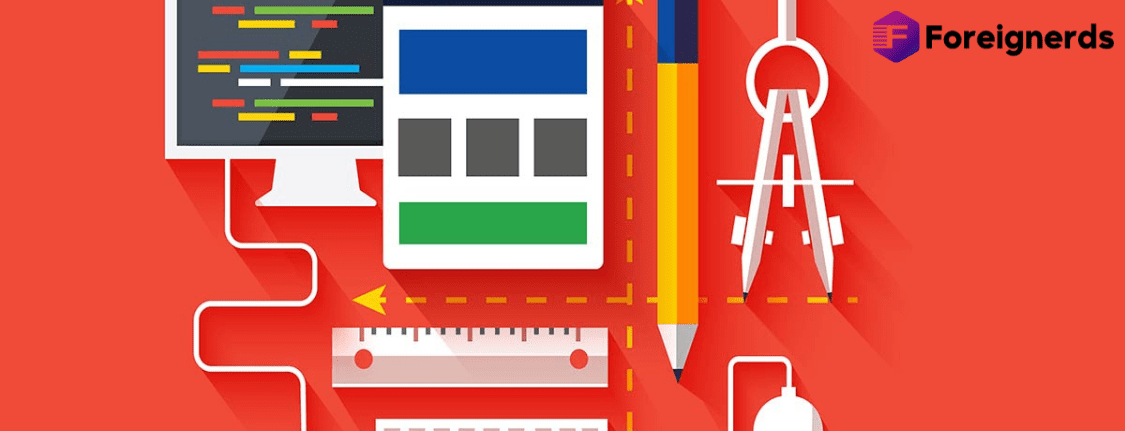- Home
- Design and Development
- Improving PHP Performance for Web Applications

PHP Performance Enhancement: A Deep Dive In this comprehensive guide, we will delve into the world of PHP performance enhancement for web applications. As web developers, optimizing PHP performance is crucial to meet the increasing demand for faster and more efficient web applications. We’ll explore the history of PHP, what constitutes good PHP performance, when to start optimizing code, and tips for writing efficient PHP scripts. Additionally, we’ll discuss the types of bottlenecks that affect PHP performance and provide more valuable insights on improving PHP performance.
Discover the origins of PHP and how it evolved from a personal project into one of the most widely used server-side scripting languages today. Learn about key milestones in PHP’s development and how it has shaped the web development landscape.
Understand the nuances of PHP performance, where speed and scalability intersect. Explore the trade-offs between prioritizing speed and scalability in PHP scripts and gain insights into striking the right balance.
Find out why it’s essential to conduct performance tests during the development process. Learn how benchmarking your hardware and software can help you make informed decisions and avoid rewriting large portions of code later.
Dive into best practices for writing efficient PHP code. Explore techniques like leveraging native PHP functions, using JSON instead of XML, caching strategies, and more. Discover how small optimizations can have a big impact on your PHP application’s performance.
Learn about the various types of bottlenecks that can hinder PHP performance, including network, CPU, shared memory, filesystem, process management, and external servers. Gain insights into how to identify and mitigate these issues to ensure smooth PHP performance.
Explore the promising future of PHP performance enhancements. Discover how ongoing PHP development efforts aim to make the language even faster, more efficient, and secure. Learn why staying adaptable and focused on the big picture is crucial for building PHP applications that stand the test of time.
In this comprehensive guide, you’ll gain a deeper understanding of PHP performance optimization, empowering you to create web applications that not only meet but exceed user expectations. Whether you’re a seasoned developer or just starting with PHP, these insights will help you harness the full potential of PHP for your web projects.
© 2013 - 2024 Foreignerds. All Rights Reserved